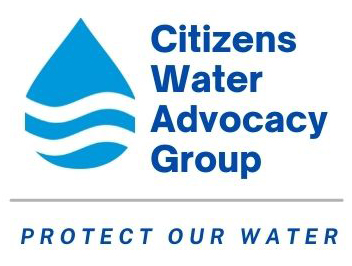WATER QUALITY DECLINE
Arsenic Contamination Grows as Aquifer is Depleted
Arsenic occurs naturally in the groundwater our region. In many areas, the concentration of arsenic exceeds drinking water standards. As water levels fall, arsenic levels tend to increase.
Arsenic is associated with a number of adverse health effects and is known to cause several types of cancers. In fact, regulatory agencies say that arsenic poses a risk of cancer at any level greater than zero; in other words, the lower the level of arsenic in water that is consumed, the lower the risk of cancer. After years of investigation, the Environmental Protection Agency (EPA) reduced the drinking water standard to 10 parts per billion, which is much more stringent than the prior standard.
Arsenic levels vary considerably in our area so it is difficult to predict where it will be a problem. Some areas in Paulden and southern Chino Valley now have very high arsenic levels in groundwater. Some wells in the Dewey-Humboldt area exceed the arsenic standard, and soil arsenic is very high near the Iron King Superfund site. There are almost certainly other areas with arsenic problems.
We recommend that every domestic well be tested for arsenic using testing methods approved by the State of Arizona. Arsenic removal systems for domestic use are available at reasonable cost.
Municipal water providers are required to test for arsenic, assuring that they deliver drinking water that meets the EPA standards. Currently, Prescott mixes water from wells with arsenic levels below the standard with water from wells that exceed the standard to ensure that the water that is provided to citizens is less than the 10 parts per billion standard.
